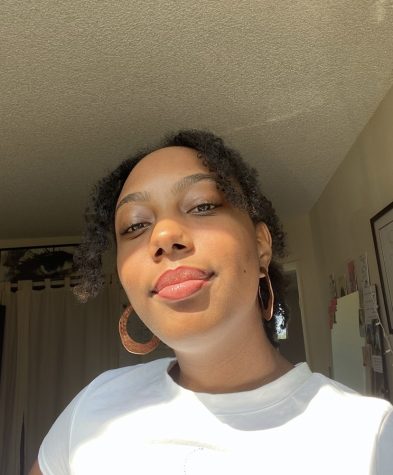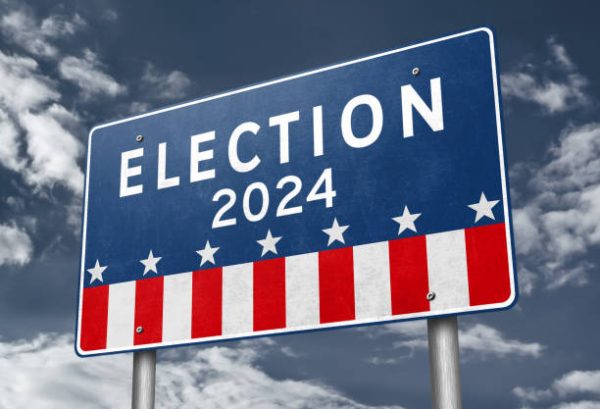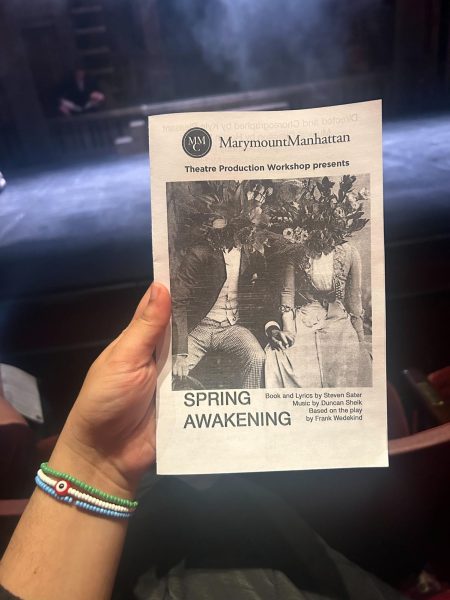The Fate of Movies and TV Based in 2020
COVID-19 as a Genre
In 2021, the new Michael Bay film, Songbird, is expected to be released. The science-fiction thriller film based on the COVID-19 pandemic takes a dystopian tone and transports the audience to 2024, where the SARS-CoV-2 virus has mutated and the world is in its fourth pandemic year. In this fictional universe, infected Americans are taken from their homes and forced into quarantine camps, while some try to fight back against the restrictions placed upon them. The trailer was deemed tone-deaf by many on Twitter who thought it was bad timing to make a movie about a pandemic when we’re still in the middle of one.
While audiences have mixed opinions on the film, it does bring up this new curiosity towards films, books, and other media based in 2020. Imagine all of your favorite shows: Euphoria, Grown-ish, anything you can possibly think of. Imagine any of those shows that we’re based in current times, creating a new 2020 where the pandemic doesn’t happen. Authors and filmmakers have the important decision to make about whether or not they choose to include the pandemic within their stories. We all know that writing and filming during COVID-19 is already hard enough, but will it be part of the plot?
To understand a little bit about the media in a historical context, we have to look at what the film/book industry has done for past unavoidable events. In the wake of the terrorist attacks that took place on September 11th, dramas and sitcoms largely ignored the tragic event. TV shows like Friends, where Monica only lived a short distance away from the area, never mentioned that the event happened. It’s completely understandable why shows did not mention them. Any show that casually brought up an event that killed thousands of people and then continued with a joke would most likely be viewed in bad taste. This ideology makes sense for shows that aren’t explicitly based in New York or where the plot isn’t based around the city, but what about the places that are?
The 9/11 attacks were a contained event that happened within a couple of miles compared to the global infection that has become a disastrous pandemic. Even if you look at other events like WWII or other historical battles, war movies and books have become such a popular topic that military fiction has become a genre of its own. Media can tackle this kind of genre from any angle: the war as the plot, the aftermath of the war, fighting in the war, getting out of the war, winning, losing, the possibilities are endless. Is this what the future of pandemic/virus movies will look like?
COVID-19 has become an unavoidable fact of all of our lives right now with one American dying from COVID-19 every 107 seconds, according to Johns Hopkins University data. Over the last few months, networks have been continuing the release of their shows, many with COVID being mentioned in the plot. This Is Us, Superstore, The Conners, and Black-ish have all mentioned COVID one way or another within their shows. Most of them are normalizing the cast members wearing masks or staying indoors but keeping the plot points the same. While it’s very surprising that these contemporary shows have chosen to include the pandemic as part of the plot, some shows are going even further and using their platform as a chance to educate audiences. Shows like Grey’s Anatomy and The Good Doctor have used the pandemic as a plot point while also highlighting the hard work that has to be done by the first responders and doctors. These might seem like subtle changes to some of your favorite shows, but there are also much bigger changes that are still being explored. COVID might be added to the plot in these stories, but there has recently been an emergence of stories where the entire show is about the pandemic.
Now, to be fair, we do already have an abundance of virus movies. It Comes At Night, The Maze Runner: The Death Cure, Patient Zero, any zombie movie ever. This just proves that there was already a market for this type of content, but what has the pandemic done to saturate this market even more? In June the release of a mini-series inspired by the self-isolating experience was released called “Isolation Stories” about the lives of characters in lockdown. Netflix released “Social Distance,” which is rumored to get a second season. Freeform’s created a four-part rom-com called “Love in the Time of Corona,” which aired this summer. The pandemic is breaking down fictional walls and creating a genre in and of itself. It is no longer just about virus movies or lockdown movies, but COVID-19 specific movies.
The real question when it comes to new movies, shows, and books using COVID as their plot comes with the timeliness of it all. Will anyone even be interested in reading or watching this once it’s all over? Ignoring the pandemic provides some escapism at a time when we all could really use it, but if this becomes a more permanent situation there’s not a true way to escape it. On the other hand, using the pandemic in storylines can immediately go wrong just by using the wrong tone or making one distasteful joke. We’re talking about trivializing a virus that has killed over 230,000 Americans.
So what’s the right answer? I don’t think there is one. Much like the times we’re in right now, all of this is very unpredictable and we just have to be along for the ride. The fate of these shows, movies, and novels rely on the history that we make within this pandemic. So I guess the closest thing to an answer anyone can give is: Only time will tell.

Rayiah Ross is a senior majoring in digital journalism and minoring in creative writing. She has a focus on cultural criticism and social commentary.






